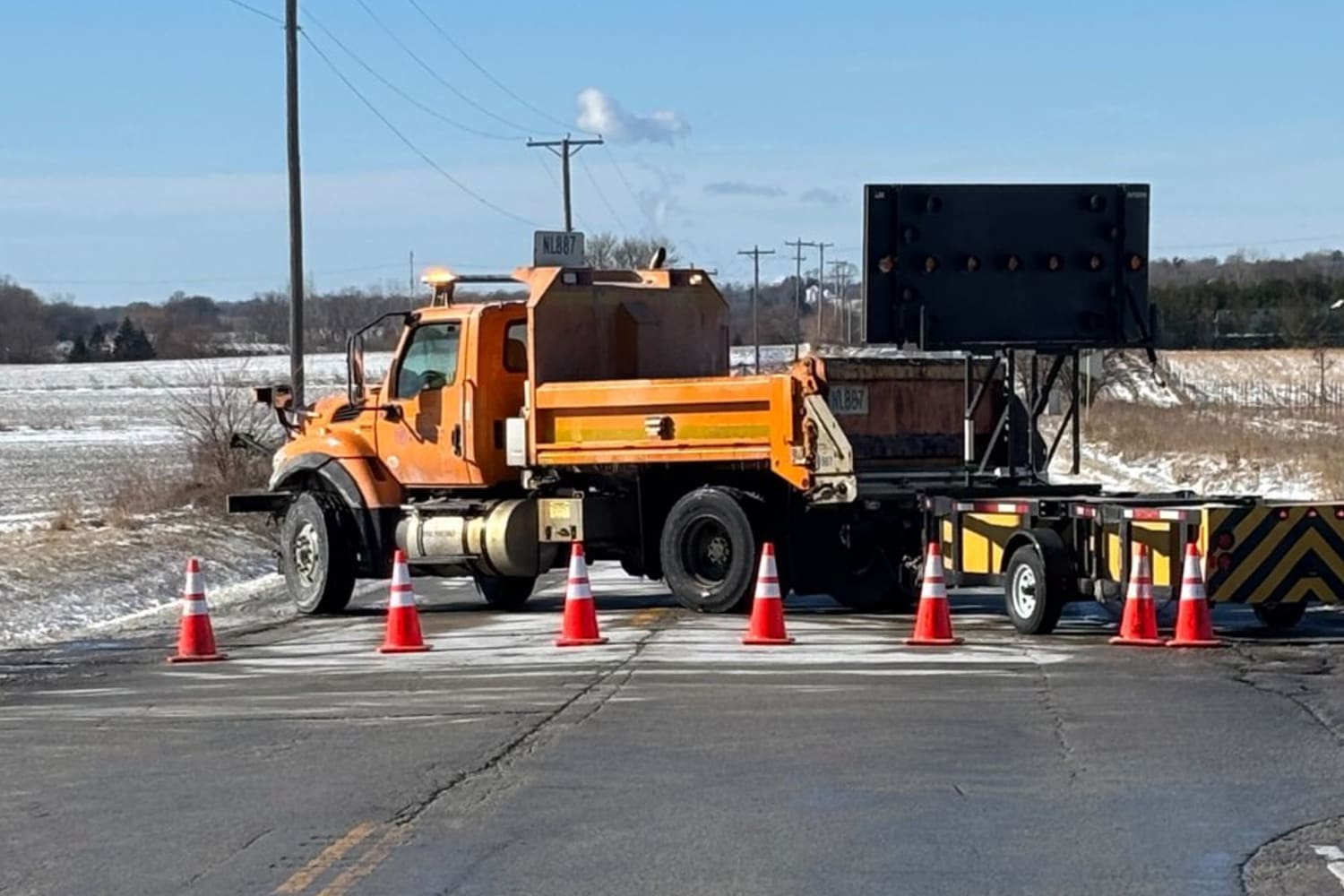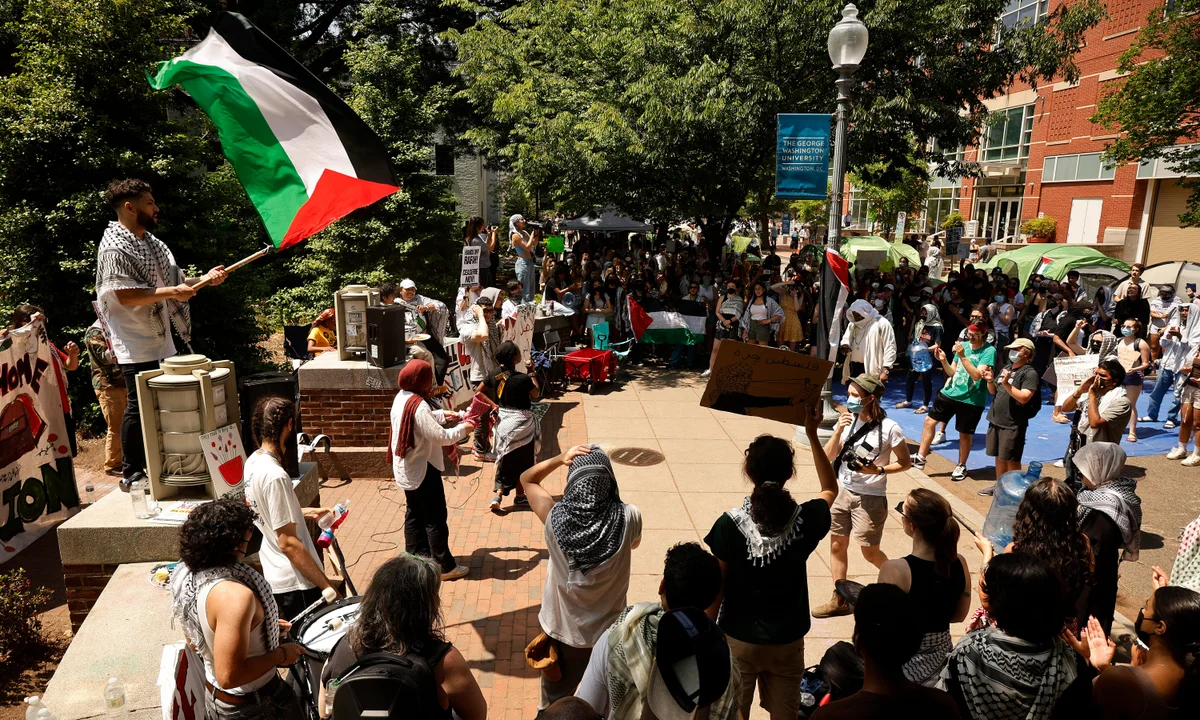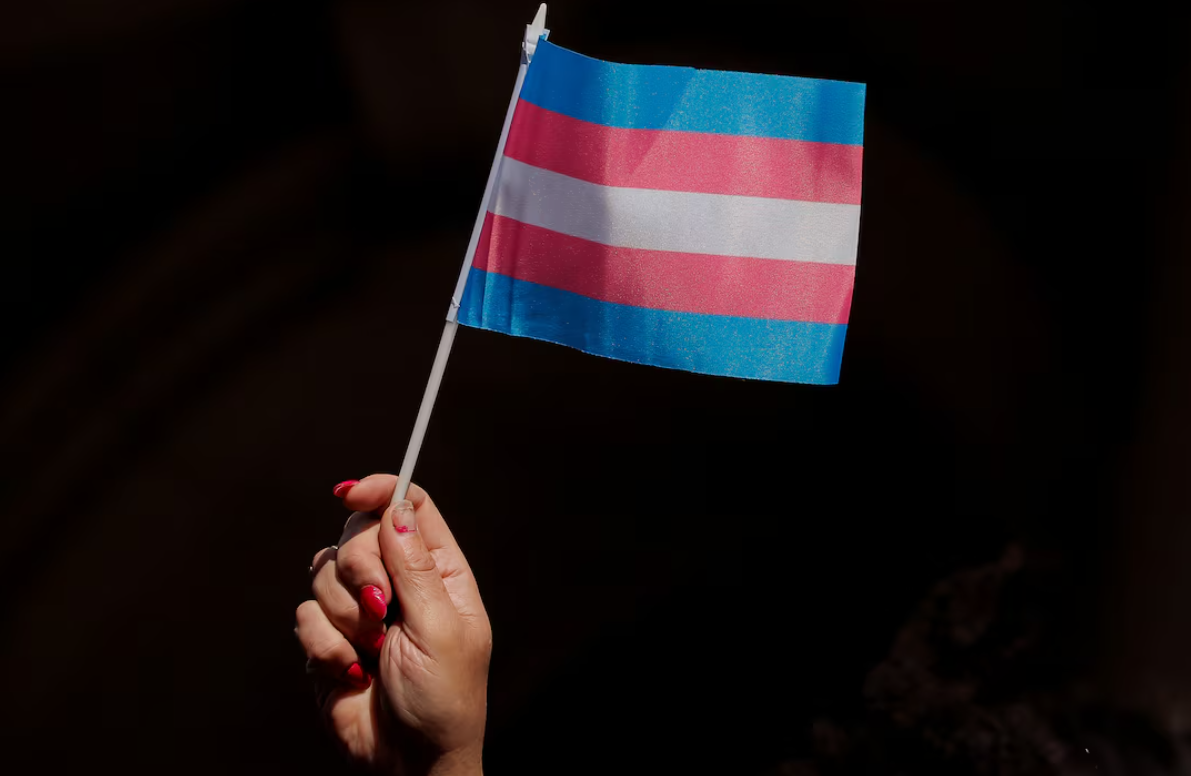Biden’s loan forgiveness efforts have faced major resistance, but people are bracing for worse under president-elect
Joe Biden has pushed during his presidency to cancel student debt for tens of millions of Americans. Now Donald Trump, who has branded such efforts “vile”, is preparing to succeed him – leaving borrowers at risk of losing relief they received, or had been waiting for.
Mary Ann Rockwell, 72, is a librarian in upstate New York. She has grappled with her student loans for years, as interest ballooned while she often struggled to afford to make payments.
“I’m entitled to be forgiven,” she said, having completed thepaperwork for loan forgiveness through the Public Service Loan Forgiveness program. But she is still in “limbo”, waiting for it to happen.
“It’s taking so long to happen that I’m afraid, when Trump gets in, everything will change on day one,” said Rockwell, a member of the Debt Collective, a union of debtors. “I’m very nervous about it. I feel like I can’t retire. I can’t even think about it to function. I’ll be facing a house payment of student loans.”
Biden’s bid to make higher education “a ticket to the middle class” by forgiving loans worth hundreds of billions of dollars has faced significant resistance. Federal courts blocked his administration’s attempts to administer student loan forgiveness to millions, incited by Republican-led lawsuits to block the plans.
In October Biden’s officials launched a fresh attempt to provide assistance, proposing rules to authorize debt relief for borrowers facing economic hardship though the Biden administration withdrew their plans for student loan forgiveness on 20 December.
But the election of Trump, who has called for shutting down the Department of Education, has left many student loan borrowers – still trying to obtain forgiveness, or relief from their debt – bracing for their efforts to be further hampered.
Under the first Trump administration, 99% of applicants for Public Service Loan Forgiveness were denied relief and overall student loan debt grew from just over $1.4tn in 2017 to just under $1.7tn when he left office four years later.
Under the Biden administration, about 4.4 million borrowers have received student loan forgiveness totaling $166.5bn. Trump’s transition team has reportedly been discussing ways to quickly pull the plug on student debt relief programs pushed under Biden.
‘Bankruptcy is a very real prospect’
Sarah Babcock, a self-employed acupuncturist and single mother in Massachusetts, has been struggling with her student loan debt since the 1990s.
“I live month to month, constantly stressed and anxious about making ends meet, with growing credit card debt,” said Babcock, 50. “The student loan debt I took on for my education has only increased over time, and after over 25 years of repayment, I owe more than I originally borrowed.
“I’ve made no progress, and the debt continues to grow. Depending on what happens in the next administration, bankruptcy is a very real prospect.”
In Indiana, Chris Alldredge, 53, and his wife, who run the student debt relief group Do Us Part, have been pushing to receive relief for themselves and other borrowers with joint spousal consolidated student loans. Their loan balance was about $98,000 in 2005, he said, and now stands at $149,000 due to interest, despite being in income-driven repayment plans and making monthly payments.
While Alldredge advocated for the Joint Consolidation Loan Separation Act, which was passed by Congress in 2022, he and his wife are still waiting on the law to be implemented to separate their loans so they can qualify for relief under the Public Service Loan Forgiveness program, as Alldredge has worked in public service since 2000.
“My wife and I have not benefited from student loan policies under the Biden administration, and we expect this situation to get much worse under Trump’s second administration,” said Alldredge. “They’re not working with any urgency to move borrowers like my wife and me over the finish line.”
Alldredge is now bracing for the “good chance” that he and his wife receive no “real reprieve” after all. Should that be the case, “we can either not pay any more and go into a very costly and punitive default, continue to pay until we die, or liquidate the only asset we have been able to gain in our lifetime: our house”.
‘The whole system is a nightmare’
Existing relief programs are widely expected to be scaled back, or even shut down entirely, under the second Trump administration. But many borrowers say the system is already flawed.
Rachael, a school psychologist in California who requested to remain partially anonymous, graduated with two master’s degrees with about $60,000 in total student loan debt through undergraduate and graduate school in the early 2000s.
While the Public Service Loan Forgiveness program is designed to support federal student loan borrowers in public service jobs, she has struggled to get approval.
Though she has been paying her monthly student loan payments and worked in public service for school districts for about 15 years, she spent some of these years working through employment agencies, rather than directly for school districts.
“I needed to work through an agency to give me those flexible hours based on my personal circumstances of needing to care for my son,” said Rachael, who became a single mother when her spouse died.
During those years, she said the interest on her loans had ballooned her debt to about twice the original loan amount.
“The Department of Education didn’t even calculate the service hours that weren’t worked through an agency correctly. And every time you call, it’s a three-hour wait on the phone to speak with someone and then when you speak with them, they say we’ll look into this, but it’s never been corrected,” she added. “The whole system is a nightmare. It needs to be revamped.”




